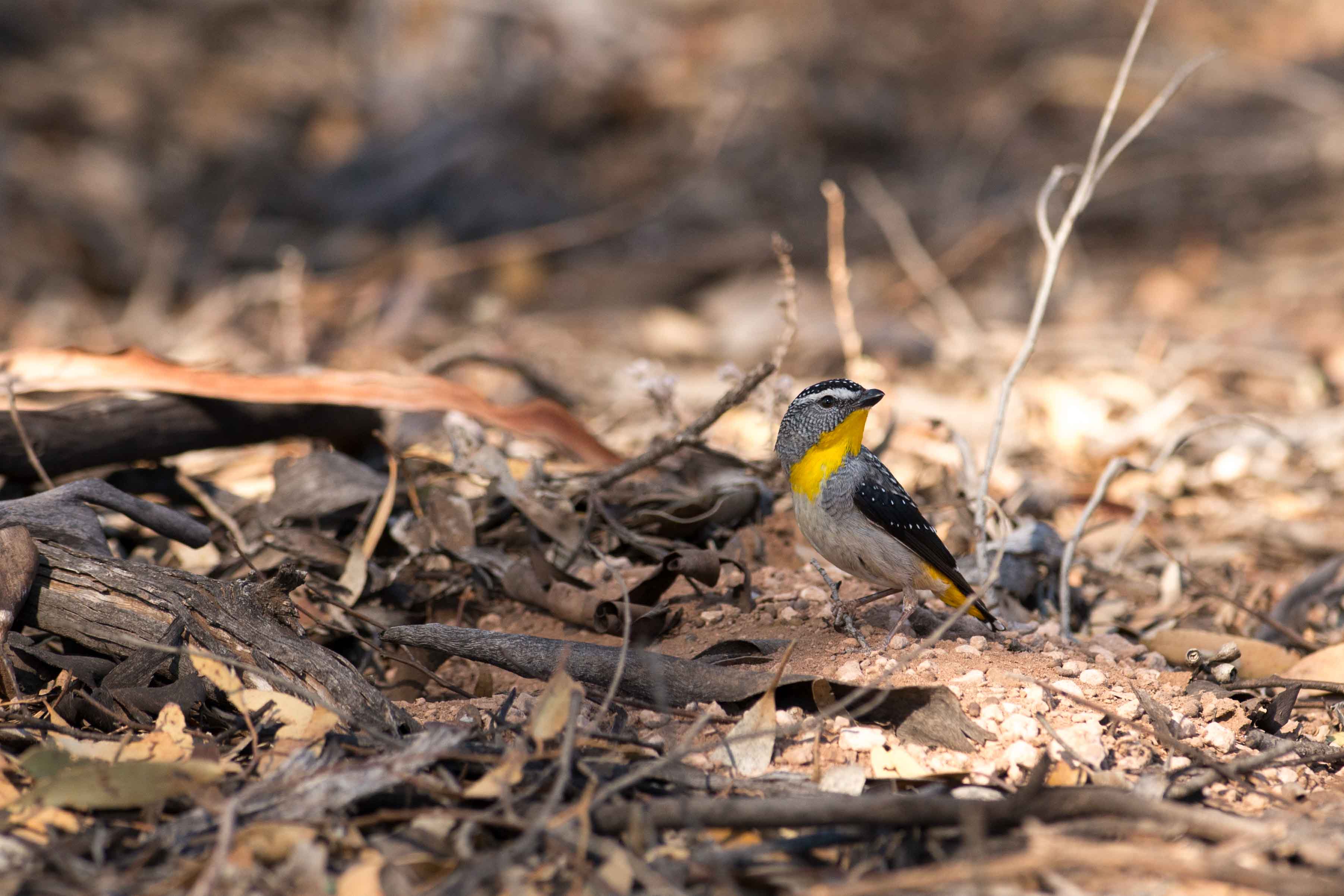
Crowdfunding campaigns helped launch Oculus and Exploding Kittens, and now may fund a University of Nebraska-Lincoln researcher’s study on birds’ social behavior and their risk of contracting malaria.
Ian Hoppe, graduate student with Nebraska One Health and the School of Natural Resources, has more than $5,500 to raise before the July 3 deadline for the Wildlife Disease Association-sponsored grant challenge in partnership with Experiment, the largest crowdfunding platform for scientific research. But he could get a $1,000 boost from the WDA if he has the highest number of donors on June 24. To donate to his project, click here.
Fourteen projects were accepted into the competition, seven of which will get an extra financial boost from the WDA before the competition ends on July 3.
Hoppe’s project studying avian social behavior and exposure to blood parasites — a project in collaboration with a long-term bird ecology study in Australia — is up against a variety of others all examining diseases in wildlife under the well-known umbrella One Health, which is built on the premise that what happens in the wild doesn’t stay in the wild. Animal, plant and human health are all linked.
Previous studies have linked bird communities and blood parasites with host behavior, habitat, ecology and life history, and “researchers have found evidence of different levels of risk between resident and migratory bird species; between solitary species and those that form flocks; and between species that form social breeding groups and those breeding in pairs,” Hoppe wrote.
Infectious diseases are closely linked to the social system of the species infected, but scientists’ understanding of birds’ social traits and their risk for infection are limited, Hoppe said. Add to the mix climate change — which is expected to alter bird distributions, composition and social ecology ― and establishing a clearer link between behavior and risk becomes more important.
“Unlike human malaria, (malaria in birds is) present more or less worldwide outside of polar regions,” Hoppe said. “And although its effects are seldom evident from an outside perspective, it can cause significant health problems for individual birds, and has decimated certain bird populations.”
“This project will improve our understanding of how patterns of infection in a community relate to its social structure,” he added.
If all goes as planned, Hoppe will be in Brookfield Conservation Park, South Australia, beginning this August to record the social behavior and interactions between bird species (fairywrens, thornbills, pardalotes, and robins) and to collect blood samples for analysis. The data will be collected during breeding and pre-breeding season.
Backers of the project will receive updates from Hoppe from the field through Experiment’s open lab notebook, which keeps funders in the loop, but also encourages the science to move faster.
“The Experiment platform is a great opportunity for the public to become involved in research — whether by donating, sharing projects with others, or offering their own observations and questions with researchers,” Hoppe said. “Aside from giving the public a say in which projects are funded, Experiment offers unique insights on the research process for people whose only other exposure might be through news stories and popular science articles produced well after projects are finished and published in academic journals.”
Experiment also aims to “democratize the research process” by removing early-career barriers to funding that young scientists may face. So far, 890 projects and $8.7 million in pledges have been garnered through the site, a for-profit company founded in 2012.
“For the cost of a cup of coffee, or any amount people would like to donate, they can support dedicated students and get the inside scoop on progress in the field and lab,” said Liz VanWormer, Nebraska One Health coordinator and Hoppe’s adviser. “Ian is an excellent and enthusiastic researcher and his project will enhance our understanding of the connections between bird behavior and disease exposure.”
To donate to Hoppe’s project, click here.
Shawna Richter-Ryerson, Natural Resources